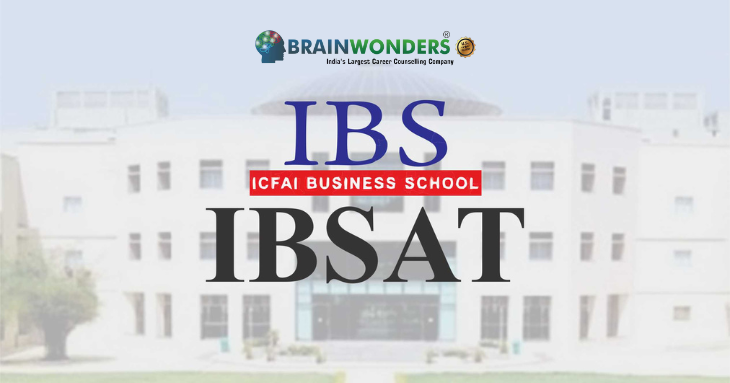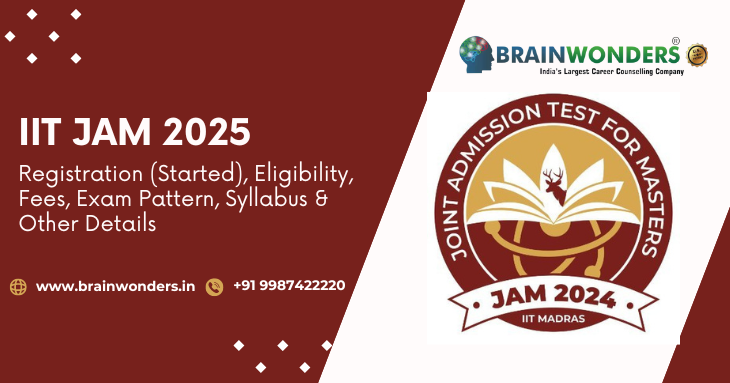

Take Brainwonders Career Test and make the right decisions for your college and course ahead
Let your unique personality, strengths, and traits guide to make the best decdision of your life!
Blog
06 January,2024 | By Brainwonders

Paramedical courses are specialized programs that train individuals in various medical and healthcare support services. These courses equip students with the necessary knowledge and skills to assist healthcare professionals in diagnosing, treating, and managing patients. Paramedical courses cover various disciplines, including emergency medical services, laboratory technology, radiography, physiotherapy, and more.
In healthcare, paramedical professionals are vital in providing essential support services to doctors, nurses, and other medical personnel. Paramedical courses offer students an opportunity to gain expertise in specific healthcare areas and contribute to patients' well-being.
Paramedical courses are essential for ensuring the smooth functioning of healthcare facilities. These courses produce skilled professionals who can assist in diagnostics, treatment procedures, rehabilitation, and emergency care. Their expertise enhances the overall efficiency and effectiveness of healthcare services.
Paramedical courses encompass various disciplines, allowing students to specialize in their areas of interest. Some common types of paramedical courses include:
The eligibility criteria for paramedical courses may vary depending on the program and institution. However, in general, candidates must have completed their higher secondary education (10+2) in the science stream with subjects such as Physics, Chemistry, and Biology.
To secure admission to a paramedical course, candidates typically must undergo an entrance examination by the educational institution or board. The selection process may also involve an interview and assessment of academic performance.
Paramedical courses can range from one to four years, depending on the program and specialization. Diploma courses are usually shorter, while degree programs take longer to complete.
The curriculum of paramedical courses is designed to provide students with a comprehensive understanding of their chosen field's theoretical and practical aspects. The coursework includes subjects related to anatomy, physiology, pathology, pharmacology, medical ethics, and specialized techniques.
Paramedical courses emphasize practical training and hands-on experience. Students are exposed to clinical settings and laboratories to gain real-world experience dealing with patients and medical equipment. Internships are integral to these courses and allow students to apply their knowledge in practical scenarios.
Completion of a paramedical course opens up a wide range of career opportunities. Paramedical professionals can find employment in hospitals, clinics, diagnostic laboratories, rehabilitation centres, and research institutions. They can work as lab technicians, radiographers, physiotherapists, optometrists, and operation theatre technicians.
The salary and job prospects for paramedical professionals vary based on specialization, experience, and geographical location. Generally, the demand for paramedical professionals is high, and with the growth of the healthcare industry, there are ample opportunities for career advancement and competitive salaries.
Pursuing a paramedical course offers several advantages, including:
While paramedical courses offer rewarding careers, there are particular challenges that professionals may face, such as:
The paramedical field is witnessing significant growth due to advancements in medical technology, increased healthcare awareness, and expanding healthcare infrastructure. The demand for paramedical professionals is expected to rise in the coming years, offering promising career prospects and opportunities for specialization in niche areas.
Paramedical courses provide a gateway to a fulfilling career in the healthcare industry. These courses empower individuals with the necessary skills to contribute to patient care and well-being. As the demand for healthcare services grows, paramedical professionals will play a crucial role in supporting the healthcare ecosystem.
Q1: Are paramedical courses only for students interested in becoming doctors?
Ans: Paramedical courses are open to individuals interested in healthcare but may want to pursue something other than a medical degree. These courses offer specialized training in various healthcare support services.
Q2: After completing 12th grade with commerce subjects, can I pursue a paramedical course?
Ans: Some paramedical courses have eligibility criteria, including a science background, while others may accept students from different academic streams. Check the specific requirements of the course you are interested in.
Q3: What are the prospects for career growth in the paramedical field?
Ans: The paramedical field provides ample opportunities for career growth. With experience and further specialization, professionals can progress to higher positions, take managerial roles, or pursue teaching and research opportunities.
Q4: Is practical training a mandatory part of paramedical courses?
Ans: Yes, practical training and internships are essential to paramedical courses. They provide students with hands-on experience and exposure to real-world healthcare settings.
Q5: How do paramedical courses contribute to the healthcare industry?
Ans: Paramedical professionals are vital in supporting healthcare professionals by providing diagnostic assistance, therapeutic care, and other necessary support services. Their expertise and skills contribute to the overall efficiency and effectiveness of the healthcare system.
Take Brainwonders Career Test and make the right decisions for your college and course ahead



,_Syllabus,_Pattern,_Old_Question_Papers.png)

